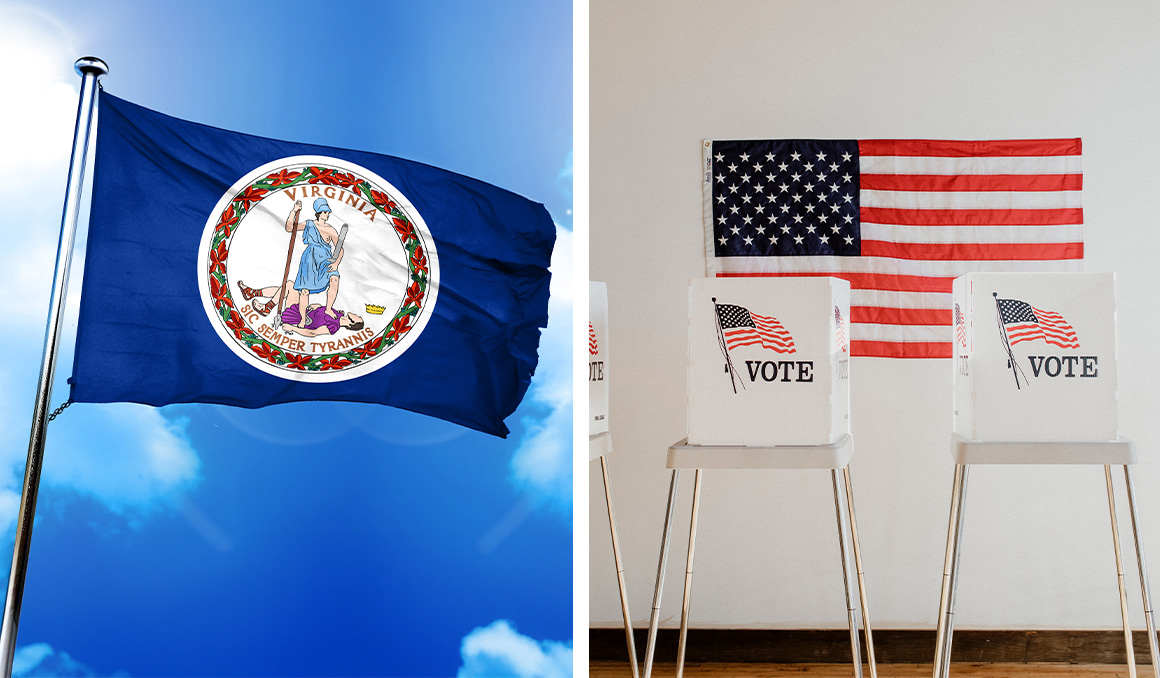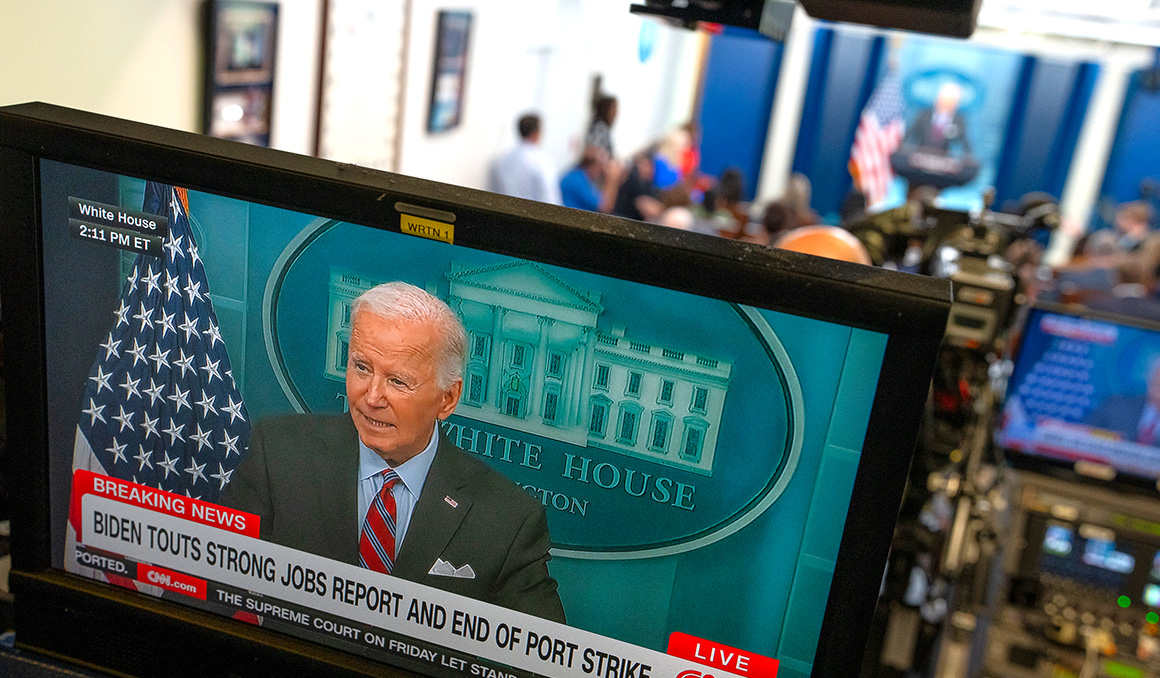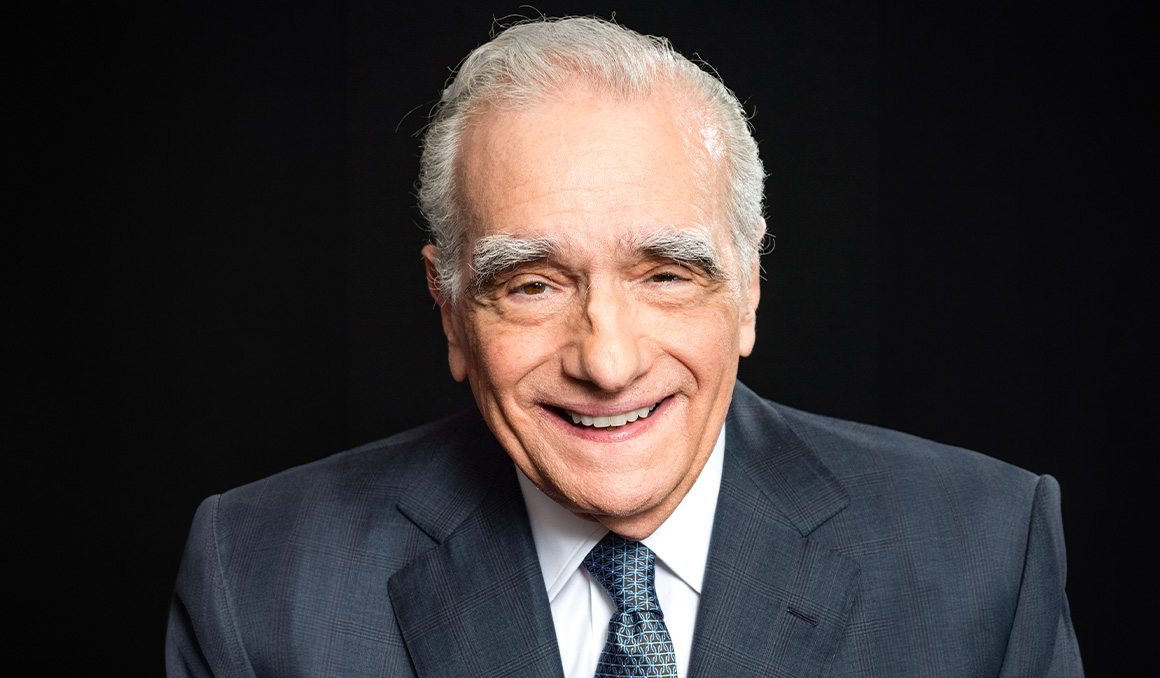CV NEWS FEED // Starting October 31, a new law in the UK will criminalize the act of “influencing” someone’s decision to access abortion services within 150 meters of any abortion facility.
The legislation is viewed by many as overly vague and potentially infringing on free speech rights, according to Alliance Defending Freedom (ADF).
Jeremiah Igunnubole, legal counsel for ADF UK, expressed concerns about the law’s broad wording. “The law is written so vaguely that peaceful, consensual conversations, or even silent thoughts, could be made illegal on certain streets of England,” he said.
Igunnubole pointed out the troubling implications of the new law, questioning whether it could criminalize parental advice, concerned words from friends, or information provided by crisis pregnancy volunteers.
He referenced previous prosecutions under similar regulations, such as that of Adam Smith-Connor, who faced legal repercussions for merely pausing to pray silently for his aborted son in view of an abortion clinic.
According to the ADF report, the potential for misuse of the law has sparked alarm among the public. Nearly 60,000 people signed a letter to Prime Minister Keir Starmer, urging him to “act urgently to ensure that thought is never buffered, censored or criminalized.”
Senior legal communications officer Lois McLatchie Miller shared her response to the news on X.
Prayed for a few minutes outside the oldest abortion clinic in London tonight.
Prayed that women would find help & strength to keep their babies safe.
Prayed for free speech.
All this, tomorrow, COULD be illegal – if I’m interpreted to be “influencing” someone’s decision. pic.twitter.com/r7lGFKddy3
Ugunnubole highlighted a contradiction in the law, wondering how it could permit a woman to choose abortion freely but criminalize open, consensual conversations about her options.
“The legal elephant in the room should be obvious to see,” he said. “If the law states that a woman can choose to abort their unborn child without hindrance, even the ‘hindrance’ of lawful alternatives to abortion, how can the law criminalize women when they choose to engage in lawful, harmless and consensual conversations?”
ADF reported that Alina Dulgheriu, who chose to keep her baby after receiving a leaflet from a pro-life volunteer outside an abortion facility, criticized the removal of support options for women. She called this move “patronizing,” arguing that it implies women are incapable of making their own decisions or might choose incorrectly.
Dulgheriu added, “It is worrying that we will consider denying vulnerable women access to potential life-changing information — especially when facing one of the most challenging decisions of their lives that could have lasting ramifications on their mental and physical health.”
Igunnubole framed the issue as a crucial moment for British freedoms, warning that failing to protect peaceful speech and thought sets a dangerous precedent for all civil liberties.
He urged the public to recognize the implications of the new law and the importance of safeguarding democratic rights across the country.
“Buffer zones or otherwise,” he said, “we should uncompromisingly safeguard the rights on which our democracy is based.”
He concluded, “The right to hold a consensual conversation, or engage in silent prayer, constitute the most basic of human rights.”


 By CatholicVote | Created at 2024-10-30 21:34:47 | Updated at 2024-10-30 23:32:14
1 hour ago
By CatholicVote | Created at 2024-10-30 21:34:47 | Updated at 2024-10-30 23:32:14
1 hour ago



